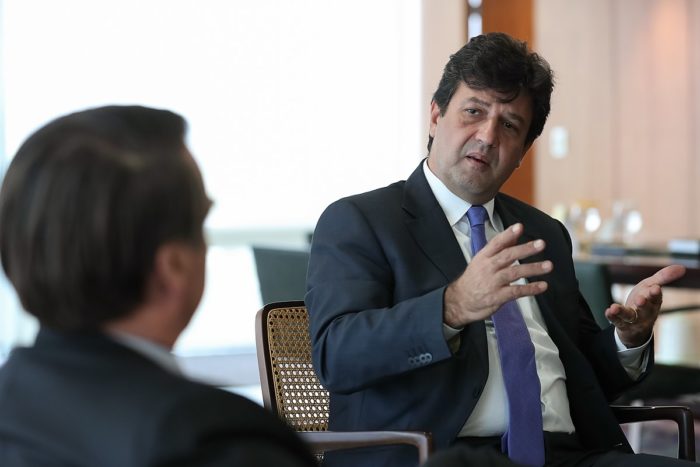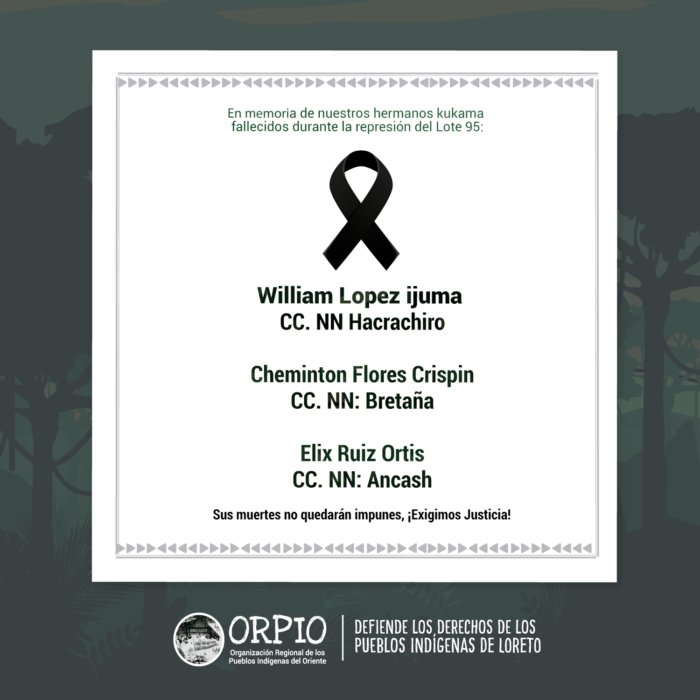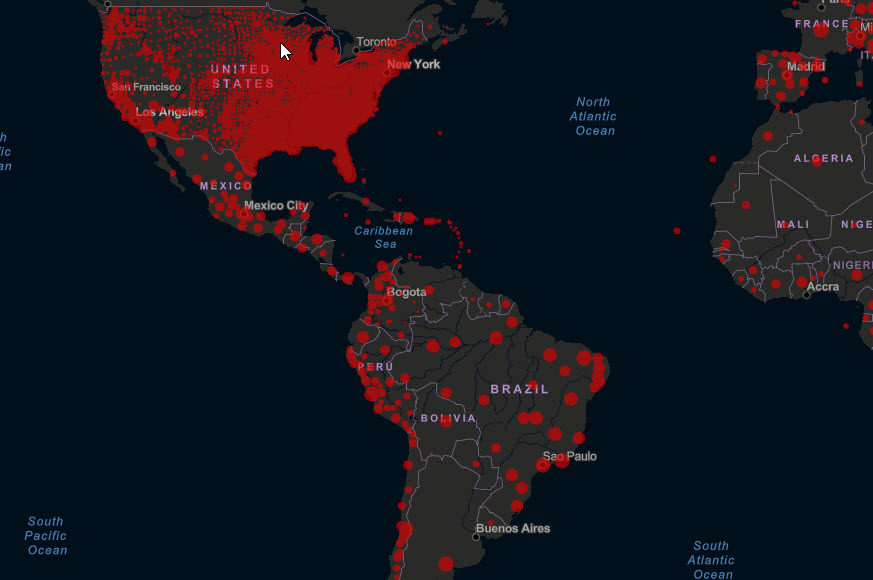- By Emily Gregg, edited by Mike Gatehouse.
- LAB has put together this thirteenth overview of the spread of coronavirus across the region and the reaction of governments, politicians and local communities. With our limited resources we could not hope to provide a truly comprehensive survey.
- Figures for infections and mortality, summarised in the table at the end, are those given by the World Health Organisation and John Hopkins University Coronavirus Centre, as of midday (GMT+1), 25 August. Where figures appear in the images within the article, they may refer to earlier dates. We are unable to provide figures on excess deaths due to the lack of data for most countries in the region.
- LAB will attempt to follow up this story, focusing on the poor, marginal communities, indigenous groups and inequalities in treatment and economic compensation for the effects of this terrible pandemic on individuals and families.
- See LAB articles at the head of our Home Page and in the Covid-19 section for further news, testimony & information. See also the posts on our Facebook page.
The Coronavirus pandemic, which continues to pay a heavy toll in Latin America, is believed to be causing a ‘mental health crisis’ according to the director of the Pan-American Organisation of Health. Carissa Etienne expressed her concern for mental health across the Americas due to stress and drug and alcohol consumption during quarantine and restrictions. Etienne expressed particular concern for the health service workers and the increase in domestic violence, and she called for governments to expand their mental health services.
Bolivia
Bolivian morgues, as across the region, are overwhelmed by the high death toll due to coronavirus. In some places, particularly outside of cities where there are no crematoriums, families had kept coffins in their homes or bodies were left of the streets. It has forced the health ministry to enact a law that would allow bodies to be buried rather than cremated despite biosecurity protocols that require those passed from coronavirus to be cremated.
However, one company has created a mobile crematorium. The mobile service is also much more affordable, at 280 Bolivianos (around US$40) compared to the normal US$1,000.
If you find this article useful, please consider donating to LAB. At present LAB is run entirely by volunteers. If we had more resources, we could do so much more. You can donatehere– we are a registered charity. If you can make a regular or monthly donation, that will help us to plan and extend our work.
Meanwhile, protests against the interim government’s decision to delay elections continue. Jeanine Áñez, the interim president, had promised to hold elections within ninety days of her ascension to power last November. However, the elections have been postponed three times, and are currently due to be held on 18 October.
Six days of nationwide protests at the beginning of August brought the country to a standstill. Unions, indigenous and campesino movements who support ousted president Evo Morales’ Movement Towards Socialism (MAS) organised over 100 roadblocks and marches across the country.
Powerful political divisions have given rise to a blame game and serious allegations. The interim government has blamed the protesters for preventing oxygen and ambulances from reaching hospitals, leading to the deaths of at least 31 people. Bolivia’s epidemiology chief reported that the World Health Organisation’s donation of medical supplies worth $1.8m is stranded. However, critics have accused the government of scapegoating the opposition for pre-existing shortages, and have highlighted videos of demonstrators removing roadblocks to let ambulances and trucks pass.
Brazil
A survey by Datafolha, published on 15 August, shows that some 47 per cent of Brazilians do not believe that President Jair Bolsonaro should be blamed for Brazil’s coronavirus death toll. Mr Bolsonaro has continuously downplayed the virus, citing it as a ‘little flu’. He has taken part in rallies, parties, and barbeques, and has pressured regions to lift lockdown restrictions even as numbers of cases continued to rise. Over 100,000 covid-related deaths have been reported in Brazil – the second highest figure in the world.
On the other hand, Luiz Henrique Mandetta has accused the President of playing a ‘pivotal’ role in the heath and economic crises that Brazil is facing. The ex-health minister was fired in April for his opposition to Bolsonaro’s attitude towards the pandemic. He blamed the President’s ‘utter contempt for science’ and ‘sabotage’ of Brazil’s health ministry for the failed efforts to fight covid-19. The ministry is currently led by a military general with no medical background after Nelson Teich left the position less than a month after succeeding Mandetta.

Scientist and campaigner Natalia Pasternak also criticised Mr Bolsonaro, saying ‘he bears personal responsibility. His behaviour has been deplorable. Pasternak is a longstanding outspoken critic of Bolsonaro’s approach to the pandemic, with a portfolio of hundreds of articles, interviews and podcasts in which she expresses her views in defence of science and evidence-based research.
Only 11 per cent of the Datafolha survey respondents specifically believe that Bolsonaro is to blame.
Chile
Sectors of the Chilean capital Santiago have come out of quarantine after just under 4 months. The busy commercial Estación Central and Santiago sectors entered a transition period just a few days after wealthier parts of the city, Las Condes and Providencia. The relaxation comes as the rate of the virus slows.
Colombia
A report published on 13 August by Human Rights Watch and the John Hopkins Centre for Humanitarian Health has raised concern for the basic survival needs of the Wayuu indigenous community. Travel restrictions due to lockdowns and curfews has complicated the community’s access to food and basic hygiene products. Food insecurity was already an issue before pandemic, and the report attributes poor management, corruption, migration from Venezuela, and climate change to the worsening of the issue.
Cuba
The Cuban health minister has expressed his fear that a resurgence of coronavirus in the Cuban capital could be uncontrollable. Cuba, whose healthcare system is a source of pride for the island, has managed the virus well. In the middle of July, the island had no local cases. However, 59 new cases were reported on 8 August. President Miguel Diaz-Canal has said that reports remain positive outside of Havana and Artemisa.
Furthermore, some 29 Cubans returning from Venezuela tested positive for Covid-19 in an eight-day period. At least two were health workers. The figure has raised concerns for the health conditions in Venezuela.
You will find many more articles on the Covid-19 crisis on our website. Go to our Home Page to see the latest, or for a full list, go to the News page. You can also keep up-to-date by subscribing to our (free) monthly e-mail newsletter.
The Cuban government has scrapped a restrictive list of permitted private economic activity. The island’s economy has slowly opened to private enterprise since 1990, but this new series of reforms is in reaction to the island’s acute economic troubles after tightened US sanctions and the weakening of its ally Venezuela. It is hoped the new measure will stimulate the economy and encourage self-employment while Cuba’s usual source of income – tourism – is mostly shut down. Cubans will require a licence to work in the private sector.
El Salvador
Worrying statistics from El Salvador’s National Women’s Hospital have shown a spike in teen pregnancies during the pandemic. Among girls aged 10 to 14, the number of pregnancies increased by 79.16 per cent – an increase of 114 girls between April and June; the number of pregnancies among girls aged 15 to 19 has increased by 71.6 per cent – an increase of 2,746 pregnancies. It is believed that unreported pregnancies mean the real figures could be higher.
The figures show the impact of the pandemic on sexual violence. Rozana Rodríguez, an economist and feminist leader, has attributed the increase to girls’ obligation to stay at home during the quarantine, rather than going to school or engaging in other activities out of the house. She notes that abusers may not only be fathers, husbands, or partners, but other family members including brothers, uncles, cousins, and grandfathers.
El Salvador’s draconian abortion laws do not permit termination of pregnancies even in cases of incest, rape, or the threat of life to the mother. Abortions are sometimes carried out in clandestine, dangerous conditions, and many women are arrested accused of terminating their pregnancies when suffering from miscarriages.
El Salvador has begun to hand out immunity passes to those recovered from Coronavirus. The passes allow recovered patients to be employed by the government to hand out medicine kits and food parcels to Covid-19 patients. President Nayib Bukele has promised to employ ‘100 per cent’ of recovered patients, who will earn US$500 for the work.
The WHO has previously expressed concern for such passes when suggested by the US, UK, and Chile, amongst other countries. The organisation has cited the lack of evidence and knowledge regarding immunity and has expressed concern that the scheme may incentivise people to seek infection purposefully. Francisco Alabí, who has headed the scheme in El Salvador, said that while there is nothing to say that Covid patients cannot become re-infected, that there is also nothing that says they can.
Mexico
Mexico City’s mayor and the national Energy Secretary have both quarantined after coming into contact with a carrier of the virus. In the first case, the contact was a colleague; the second was unspecified.
On 18 August, the Health Secretary announced that the rate of infection and deaths due to Coronavirus had been in decline for the previous six weeks. Globally, Mexico has the seventh highest number of cases and third highest number of deaths.
Peru
After an increase in the number of cases of coronavirus amongst children, children in Peru are now limited to leave home for only 30 minutes a day. A week before the measure was announced, President Vizcarra announced that there had been a 75 per cent increase in the number of cases amongst children over the previous weeks. Franklin Mendoza, the head of an intensive care unit of San Borja paediatric hospital, noted that, while children suffer less severely from the virus, they can be silent transmitters to older generations. A total of 23,000 children have tested positive for coronavirus in Peru.
A record outbreak of 8,875 new cases on 8 August led to a ban on family gatherings and a Sunday curfew, brought into force on 12 August.
The pandemic has highlighted social tensions in Peru. Between March and the end of May, the Public Defence had counted 326 protests related to coronavirus. At the beginning of this month, residents in Andean and Amazonian regions of Peru have attacked mining and petrol companies. The president of the Regional Organisation of Indigenous Peoples of the East (ORPIO), Jorge Pérez, explained that while the companies are making large amounts of money, the local communities are in poverty.

The clashes resulted in multiple injuries and deaths, including three indigenous people from Amazonas, and 17 other residents and police officers on 8 August alone.
Last week, the Catholic Church produced its own proposals for dealing with the pandemic, which put emphasis on better coordination between civil society and government. The proposals, called ‘Resucita Perú’ (the government programme is called ‘Reactive Perú’) are a subtle dig at the government’s top-down, business friendly approach. They suggest five commissions, two of which are health and community solidarity.
Only the week before, the investigative journalism organisation IDL-Reporteros, published an article highlighting the devastating impact of bureaucratic barriers to fighting coronavirus. For example, the Catholic University (PUCP) has developed a means to produce oxygen for coronavirus patients with a plant. Pedro Barreto, the cardinal archbishop of Huancayo, is working to use the technique to help patients in Huancayo and Jauja, where a lack of oxygen is causing unnecessary deaths. However, the health ministry has forbidden the use of the plant in state hospitals because it works with oil-lubricated compressors. Experts, however, claim that the compressors pose no risk to the patients.
Likewise, Praxair, a manufacturer of industrial gases which holds a virtual monopoly over imports of oxygen into Peru, has claimed that it is uneconomic to produce oxygen at their two plants in Peru. However, technicians in Junín claim this is not the case.
The two cases have led to criticism of the Peruvian health ministry’s preference to import oxygen than produce the gas.
Venezuela
The head of the capital district of Caracas passed away from Coronavirus on 13 August. Darío Vivas, aged 70, confirmed he had tested positive for the virus on 19 July. Vicepresident Delcy Rodríguez, tweeted, ‘He died in combat’.
Country by country summary. Case and death figures from the World Health Organisation and John Hopkins University Coronavirus Centre as of midday (GMT+1), 25 August 2020.
Reports from some individual governments and unofficial sources suggest considerably higher figures.
| Country | WHO | John Hopkins University | ||
|---|---|---|---|---|
| Cases | Deaths | Cases | Deaths | |
| Argentina | 342,154 | 7,079 | 350,867 | 7,366 |
| Belize | 686 | 6 | 713 | 10 |
| Bolivia | 109,149 | 4,509 | 110,148 | 4,578 |
| Brazil | 3,605,783 | 114,744 | 3,622,861 | 115,309 |
| Chile | 399,568 | 10,916 | 399,568 | 10,916 |
| Colombia | 541,147 | 17,316 | 551,688 | 17,612 |
| Costa Rica | 33,820 | 355 | 34,463 | 362 |
| Cuba | 3,717 | 91 | 3,717 | 91 |
| Dominican Republic | 91,608 | 1,573 | 91,608 | 1,573 |
| Ecuador | 108,289 | 6,322 | 108,289 | 6,322 |
| El Salvador | 24,811 | 669 | 24,986 | 678 |
| Guatemala | 68,533 | 2,611 | 68,533 | 2,611 |
| Haiti | 8,110 | 196 | 8,110 | 196 |
| Honduras | 54,511 | 1,654 | 55,479 | 1,683 |
| Mexico | 560,164 | 60,480 | 563,705 | 60,800 |
| Nicaragua | 3,540 | 133 | 4,311 | 133 |
| Panama | 86,900 | 1,892 | 87,485 | 1,906 |
| Paraguay | 13,233 | 205 | 13,602 | 219 |
| Peru | 594,326 | 27,663 | 600,438 | 27,813 |
| Puerto Rico | 30,618 | 390 | data unavailable | data unavailable |
| Venezuela | 39,564 | 329 | 40,338 | 337 |
Emily Gregg is a LAB correspondent and author. She lived in Arica, Chile, until returning to the UK because of the pandemic. She also wrote The Student Revolution chapter in LAB’s book Voices of Latin America (2019).

